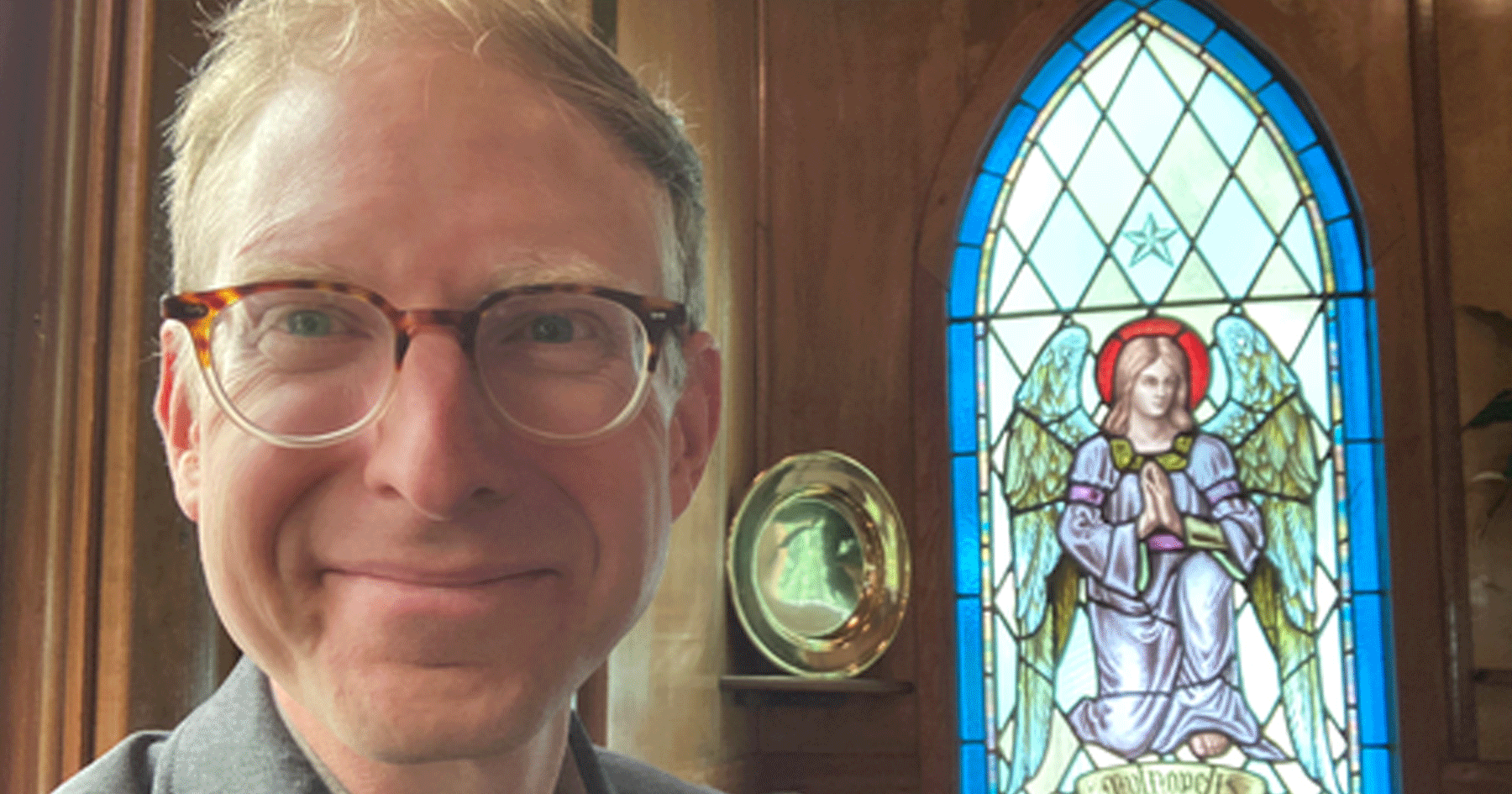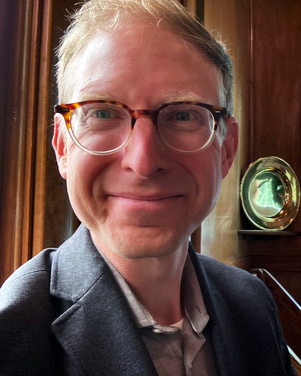What would you do if you were newly elected to Parish Council, only to find yourself responsible–in ways you had never previously imagined–for difficult and pressing decisions about your congregation’s future? The priest has moved on. There’s only so much money in the bank. Parishioners and community members are in need of affordable seniors’ housing. But if you stop to think about it, there are wonderful gifts here too.
This was the scenario presented to members of Diocesan Synod in a role playing game that helped us explore the Diocese of Kootenay’s emerging approach to missional renewal (also known as the “Thriving Communities” process).
Through playful interaction, those elected to the (fictitious) Parish of the Ascension’s Parish Council were introduced to the principles behind the process. What’s more, we also had the chance to test drive a variety of tools–tools that provide a trellis or structure–for helping congregations to ask good questions; to have difficult but important conversations; to ask for the help they need; and to chart a faithful way forward.
As a part of this process, each group was invited to consider the following aspects of their situation:
- What strengths or gifts does Ascension bring to the world? What is your charism?
- What needs appear to be present in the congregation?
- What needs appear to be present in the wider community?
- As people of Ascension, what opportunities do you have to proclaim and embody God’s love in and for the world?
Over the course of the hour we spent doing this work, there was a buzz in the room as people wrestled with the most faithful way to respond. Each table group included people who had arrived at Synod from different parishes, ministry contexts, and congregation sizes who listened deeply, and who offered wisdom, insight, and experience to discerning a way forward in this complex situation–a situation many congregations are familiar with.
Perhaps the most challenging question facing each group was how–based on the congregation’s current reality–they would respond. In order to move forward, the parish would need to select approaches to leadership and governance that would move them forward. There weren’t of course, any “right answers.” This wasn’t that kind of game. And yet, based on a particular reality, each group had to contend with what–from their perspective–seemed like the most plausible, faithful way forward. In this deliberation, we considered the needs of of the congregation, the needs of the world, and perhaps most centrally, the imperative and invitation of the gospel.
Contemplating Governance
In contemplating governance, groups suggested a number of possible ways forward:
- Working with other Anglican congregations to form an Area Parish in which a number of congregations across a large geographic area work with a team of clergy and lay leaders to serve the parish as a whole, ensuring pastoral leadership and ministry in every congregation
- Working with local United and Lutheran congregations to form an Ecumenical Shared Ministry in which people worship God and serve their communities in a unified way while still maintaining denominational identities and connections
- Acknowledging that energy for ministry is declining, intentionally becoming a Nurse Log that seeks to provide a home for a New Witnessing Community (i.e. a church plant, contextual mission, new monastic community or other kingdom-oriented social enterprise) and eventually to disperse its assets in a way that supports the growth of that new expression of church
Contemplating Leadership
In contemplating leadership, groups offered a number of possibilities:
- The congregation strategically chose not to hire a minister, opting instead for a Lay-Led Model that relies on the variety of gifts in the congregation, with the occasional support of clergy to preside at Eucharist or to offer pastoral care
- The congregation seeks Part-Time Clergy focused on Equipping the Congregation. With this focus, the majority of other tasks (worship leadership, study and learning, life in community, pastoral care, service, or evangelism) are distributed within the congregation, who are trained in this work by the Equipper.
- Recognizing that an exclusively inward-looking congregation won’t grow, some suggested that the congregation seek Part-Time Clergy focused on Community Engagement. This allows the minister to be more fully present as the congregation’s ambassador to the wider community–building relationships and making connections on behalf of the congregation.
- Related to the proposal of an Area Parish, some suggested that a multi-staff model in which leadership is shared amongst multiple part-time lay and ordained ministers could work. This model shares responsibility for a variety of portfolios amongst a variety of people, not putting them all on one person’s shoulders.
Having addressed these questions, one group bravely put the church building on the table.
This group made it clear that they wanted to find ways of repurposing or selling the asset as a way of addressing the need for affordable seniors’ housing. In the scenario, this need was facing both parishioners and members of the wider community. While the question of buildings was not explicitly written into the scenario (we only had an hour for this exercise), this group’s response took the activity to the next level, proposing concrete next steps in response to the invitation of God and neighbour.
Whether we are facing conversations about our buildings or not, this moment–like this exercise–requires both bravery and imagination. In the face of this current moment, I do believe that God is inviting us to ask how we might best use whatever gifts God has given–whether gifts of faith, of relationships, of imagination, of time and energy, of prayerful discernment, of buildings or of money–as a way of proclaiming and embody God’s love in and for the world.
For more information, go to www.kootenayanglican.ca/renewal


